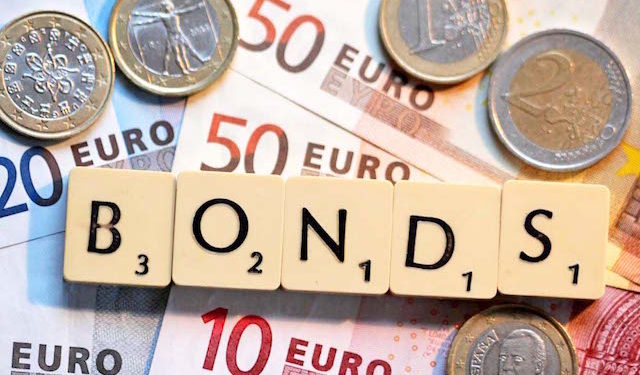Ghana Releases $300m for Eurobond Coupon Payment as Debt Servicing Continues
The Government of Ghana has released $300 million to service its restructured Eurobond debt, with coupon payments scheduled for disbursement today, July 3, 2025. The payment will be executed through the Bank of Ghana and its correspondent banks in Europe and the United States, targeting bondholders who agreed to the country’s debt restructuring programme.
The cedi equivalent of the payment had earlier been transferred by the government to the central bank to support the transaction. The funds, drawn from the government’s Debt Service Accounts, underscore Ghana’s commitment to honouring its financial obligations following last year’s successful conclusion of the Eurobond Debt Exchange Programme.
A second coupon payment is due in August 2025 as part of the ongoing debt servicing cycle.
Ghana first resumed Eurobond debt servicing in October 2024 after securing an agreement with investors to restructure approximately $13 billion in Eurobond liabilities. The restructuring paved the way for phased repayments, with a total of $520 million disbursed in 2024, including a $120 million consent fee to incentivize bondholder participation in the exchange programme.
The current administration under President John Dramani Mahama has since maintained the momentum, continuing with scheduled payments in line with the new debt terms.
While Eurobond debt servicing has resumed, the government’s repayments to bilateral creditors are expected to begin in 2026.
Positive Implications for Credit Ratings and Borrowing Costs
Analysts say the latest payment, Ghana’s third since the restructuring agreement, could positively influence the country’s sovereign credit ratings, improve investor sentiment, and potentially reduce the cost of borrowing in the medium term.
The debt repayments also complement Ghana’s broader fiscal consolidation efforts and the steady progress being recorded under the International Monetary Fund (IMF) support programme. These combined factors are expected to further strengthen Ghana’s risk profile and bolster macroeconomic stability.








